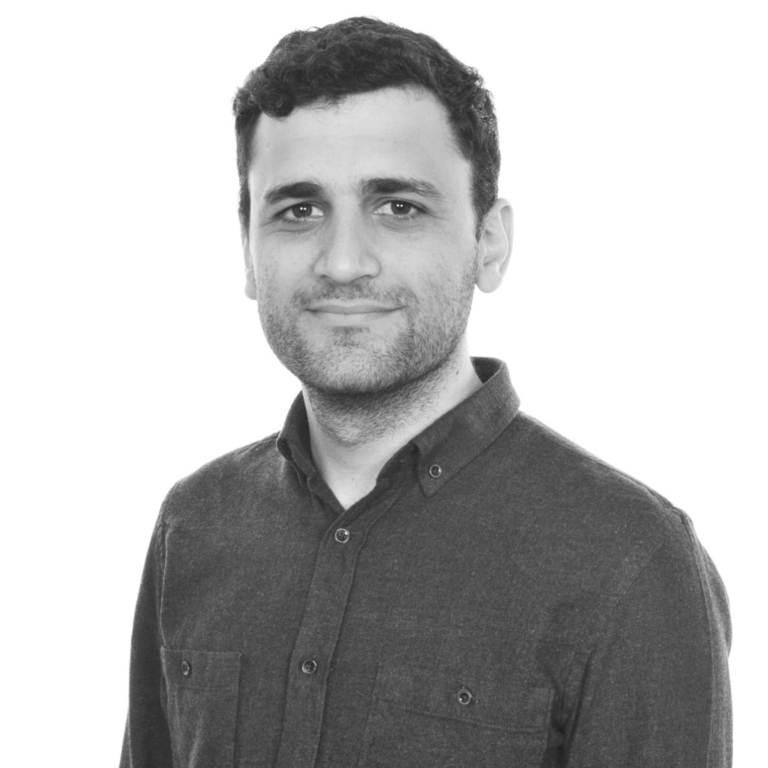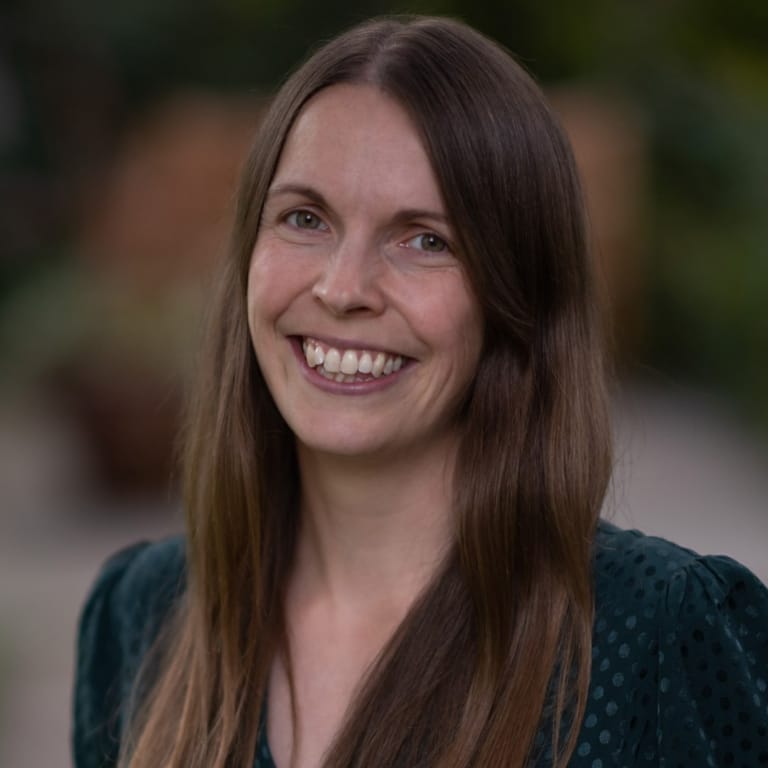We are delighted to report that Madan Babu was recently elected as a new Fellow for The Academy of Medical Sciences, and Frances Platt was elected as a new Fellow for the Royal Society.
Academy of Medical Sciences Fellowship for Dr Madan Babu
Madan’s selection as a Fellow for The Academy of Medical Sciences recognises the importance of his ongoing research into G-protein coupled receptors. Madan’s work is helping to explain why people respond differently to certain drugs, with direct implications for the growing field of personalised medicine. His research may one day provide a more effective treatment for diseases such as cancer.
“I am honoured for our work to be recognised by the Academy of Medical Sciences,” says Madan. “I am thankful to have had the opportunity to do my research at the MRC Laboratory of Molecular Biology for 14 years, and now at St Jude for the last year. The collaborative environment and long-term support for fundamental research have made it possible for us to push the boundaries in the field of biomedical data science. I am most grateful to my mentors, colleagues, as well as past and current group members.”

The Academy is an independent UK body which seeks to advance the translation and implementation of health research to benefit society, by recognising and representing a diverse spectrum of medical science.
Each year, new Fellows are selected from a variety of disciplines for “their exceptional contributions to the advancement of medical science through innovative research discoveries and translating scientific developments into benefits for patients and the wider society.”
The announcement follows the publication of an important paper by Madan and colleagues in Nature, entitled “Combinatorial expression of GPCR isoforms affects signalling and drug responses”. The paper reports on multidisciplinary research that reveals a new layer of complexity in G protein-coupled receptor (GPCR) signalling.
Madan and his co-authors identified that slightly different forms and combinations of the receptors exist in different bodily tissues. The findings could change the way scientists approach the study of GPCR signalling and could explain differences in receptor function and drug response.
Madan won the Lister Prize in 2014. He is now based at St Jude Children’s Research Hospital in the USA, where he is Endowed Chair in Biomedical Data Science and Director of the Center for Data Driven Discovery.
You can read more about Madan and his work here: https://www.stjude.org/directory/b/madan-babu.html
Royal Society Fellowship for Frances Platt

In related news, former Fellow Professor Frances Platt has recently been awarded a Fellowship from the Royal Society.
Frances held a Lister Fellowship from 1996 to 2002. She is currently Professor of Biochemistry and Pharmacology at the University of Oxford.
As a biochemist and pharmacologist, Frances’ work focuses on the study of a group of rare genetic disorders known as lysosomal storage diseases. Her research aims to develop substrate reduction therapy (SRT) as a treatment for these primarily neurodegenerative diseases.
This has led directly to the development of the approved drug miglustat (sold under the brand name Zavesca) for glycosphingolipid storage disease therapy.
Sir Adrian Smith, President of the Royal Society, said: “Our new Fellows and Foreign Members are all at the forefronts of their fields from molecular genetics and cancer research to tropical open ecosystems and radar technology. It is an absolute pleasure and honour to have them join us.”
You can read more about Frances and her work here: https://plattlab.pharm.ox.ac.uk/



